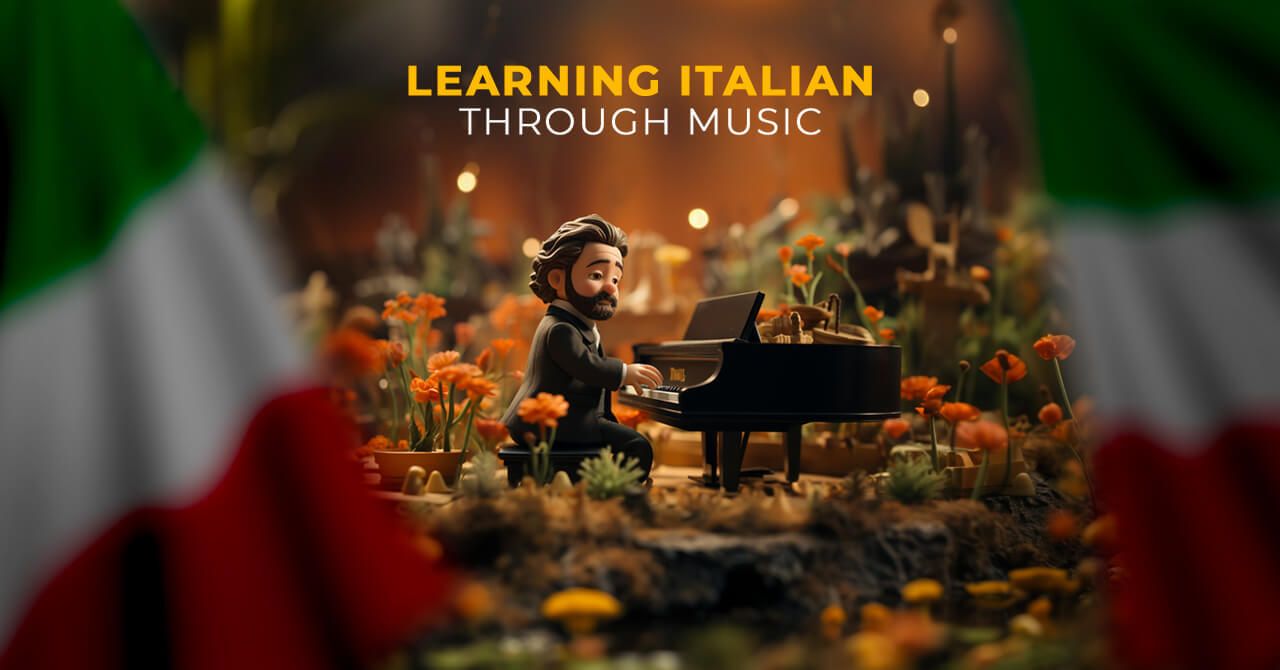
The Italian Language Through Music: An Engaging Method of Learning
Italian music, with its variety of genres and styles, offers a wide range of options for those wishing to immerse themselves in the language and culture of the country.
The recent passing of the globally renowned singer Toto Cutugno inspired me to write this brief article, discussing how one can also learn Italian through listening to music.
Learning a new language can be an exciting experience, but it can also be challenging and complex. Among the various methodologies available, using music proves to be an engaging and effective way to learn a foreign language. In particular, Italian, with its musicality and expressiveness, lends itself particularly well to this learning mode.
How to learn Italian through music
Italian music, with its variety of genres and styles, offers a wide range of options for those wishing to immerse themselves in the language and culture of the country.
Here’s how you can learn Italian through music:
Active listening
Listening to Italian songs attentively is the first step. Choose songs with clear lyrics and clear singing. Following the lyrics while listening to the song helps improve oral comprehension and become familiar with correct pronunciation.
Reading lyrics
After listening to a song, reading the original lyrics helps better understand the meaning of words and phrases. Look for words you don’t know and jot them down, then look up their meanings.
Translations and meanings
Look up translations for the words you’ve noted. This helps you connect Italian words to their meanings in your native language. Understanding the meaning of words and phrases within the song’s context is essential for learning.
Learning new vocabulary
Songs contain a variety of vocabulary and expressions that aren’t always found in traditional language courses. This gives you the opportunity to learn words useful in everyday conversation.
Singing along
Once you’ve understood the lyrics, try singing along to the song. This improves pronunciation and intonation. Don’t worry if you’re not an experienced singer; the goal is to have fun and practice the language.
Grammar analysis
Songs provide practical examples of Italian grammar. Identify the grammar structures used and observe how sentences are constructed.
Create thematic playlists
Create playlists of Italian songs on specific topics, such as love, travel, daily life, and more. This helps you explore a wider vocabulary.
Explore different artists
Explore different Italian artists and musical genres. This provides you with a broader overview of the language and culture.
I believe that enjoying oneself while learning a language is important and using music is certainly an effective method. I apply it in my Italian lessons to teach with a smile, a crucial aspect in this particular historical period.
I am 53 years old with a decade of teaching experience, and I have been teaching Italian online for over a year.

